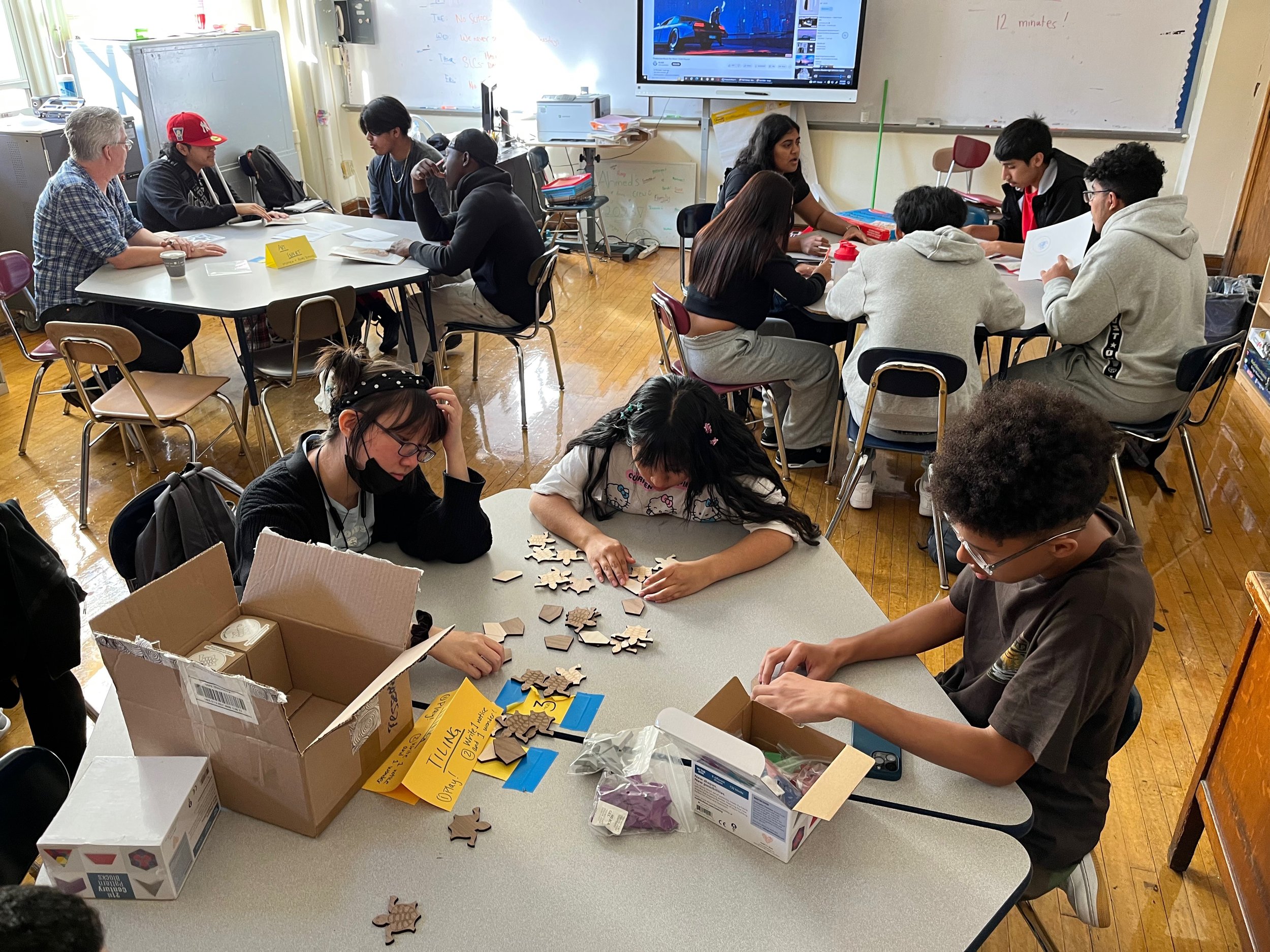The Relevance of Neighborhood Assistance to Save Temecula Schools Today
The Relevance of Neighborhood Assistance to Save Temecula Schools Today
Blog Article
Important Criteria to Think About When Reviewing Possible Schools for Registration
When thinking about schools for enrollment, examining necessary criteria becomes vital to ensuring a conducive knowing setting. Trick variables such as the alignment of scholastic programs with trainees' desires, the credentials of professors participants, and the influence of course sizes on individualized interest are critical. The visibility of durable resources and facilities, along with a varied variety of extracurricular activities, can significantly improve instructional experiences. The institution's culture need to advertise respect and inclusivity to foster a helpful neighborhood. Each of these elements plays an important duty, however exactly how do they interconnect to form the ideal educational setup?
Academic Programs
When reviewing possible institutions for registration, thinking about the breadth and depth of their scholastic programs is vital. Premium academic programs not just identify the instructional worth a student will certainly get however likewise influence future possibilities and profession courses. Prospective pupils and their families need to scrutinize the educational program to ensure it lines up with the trainee's scholastic rate of interests and job ambitions.
Accreditation is a vital factor, as it represents that the organization satisfies established criteria of top quality. In addition, the diversity obviously offerings, consisting of advanced placement (AP) or Worldwide Baccalaureate (IB) programs, can significantly boost a student's knowing experience. Institutions with durable academic tracks in STEM, humanities, and the arts indicate a commitment to detailed education and learning.
Faculty qualifications and student-to-teacher proportions are also key indicators of academic quality (Save Temecula Schools). Highly credentialed instructors and smaller course dimensions commonly cause even more customized attention and a better instructional experience. Furthermore, the schedule of academic sources such as libraries, labs, and innovation centers can better improve the understanding environment.
Assessing these aspects ensures that the chosen school supplies a extensive and helpful academic framework, essential for promoting intellectual growth and preparing trainees for future success.
Extracurricular Tasks
Past the academic world, after-school activities play a considerable duty fit a well-shaped educational experience. These tasks supply trainees with chances to establish skills that expand past the class, such as leadership, time, and synergy management. When examining potential colleges for enrollment, it is vital to think about the selection and top quality of extracurricular programs offered.
A varied array of activities, including sporting activities, arts, music, debate clubs, and social work efforts, can deal with different passions and talents. Colleges that support a wide spectrum of extracurriculars show a commitment to promoting all natural growth. Additionally, participation in these tasks can boost university applications and returns to, showcasing a pupil's ability to balance numerous duties.
It is additionally crucial to examine the resources and centers offered for these activities. Top notch centers and experienced trainers can dramatically influence the efficiency and satisfaction of the programs. Furthermore, consider the level of pupil engagement and the institution's motivation of engagement. Institutions that actively promote extracurricular involvement typically create a vivid, comprehensive area.
Course Dimensions
One of the crucial elements to think about straight from the source when examining prospective institutions for enrollment is course size. Course dimension considerably affects the high quality of education and learning that a student gets.
In addition, smaller course sizes can add to a much more cohesive classroom environment. With less pupils, there is a better opportunity for developing solid relationships in between educators and peers, which can boost the understanding environment and promote a sense of community. This additionally enables even more efficient class administration, as teachers can devote even more time to keeping a positive and productive environment.

College Society
When assessing possible schools for registration,Recognizing the importance of school culture is crucial. Institution culture includes the worths, ideas, and actions that shape the social and discovering setting. A comprehensive and helpful culture fosters student engagement, academic success, and personal development. Examining a school's society includes observing communications among students, instructors, and staff, in addition to understanding the college's mission, worths, and assumptions.
Prospective parents and pupils should seek schools that prioritize respect, partnership, and a positive values. Try to find indicators such as strong student-teacher relationships, energetic participation in institution tasks, and a sense of area. A healthy and balanced institution society commonly advertises diversity and inclusion, making sure that trainees from varied backgrounds feel invited and valued.
In addition, a favorable college culture encourages open communication and supplies pupils with a safe environment to express important link themselves. It likewise supports academic rigor while stabilizing after-school activities that add to all natural growth. When going to a school, engage with existing students and staff to gauge their fulfillment and sense of belonging. Eventually, the right college society will certainly line up with a family members's values and contribute dramatically to the total instructional experience.
Facilities and Resources
When assessing possible colleges for enrollment, the quality and availability of centers and sources play a critical function in forming the educational experience. A school equipped with contemporary facilities can substantially enhance learning end results.
Libraries are an additional keystone of scholastic quality. A well-stocked collection with a varied range of publications, journals, and electronic resources can support pupils' research needs and foster a culture of analysis and questions. Equally essential are athletic facilities. Gyms, sports fields, and pool not only contribute to physical well-being however additionally advertise synergy and technique.
Technology is important in today's academic landscape. Institutions should supply dependable web access, computer labs, and clever class to help with electronic understanding. Furthermore, specialized resources such as art workshops, music spaces, and movie theater spaces can support imaginative abilities.
Eventually, the breadth and quality of a school's facilities and sources can greatly influence a trainee's total development. Thus, moms and dads should carefully assess these elements to ensure a well-rounded and enriching academic experience.
Conclusion
In recap, reviewing potential institutions for enrollment requires an extensive analysis of several critical elements. In addition, an institution society that emphasizes respect and inclusivity is important to developing a effective and supportive learning atmosphere.

A healthy institution culture often advertises diversity and inclusion, ensuring that pupils from diverse histories really feel invited and valued.
Furthermore, a positive school society encourages open communication and offers pupils with a secure setting to express themselves.
Report this page